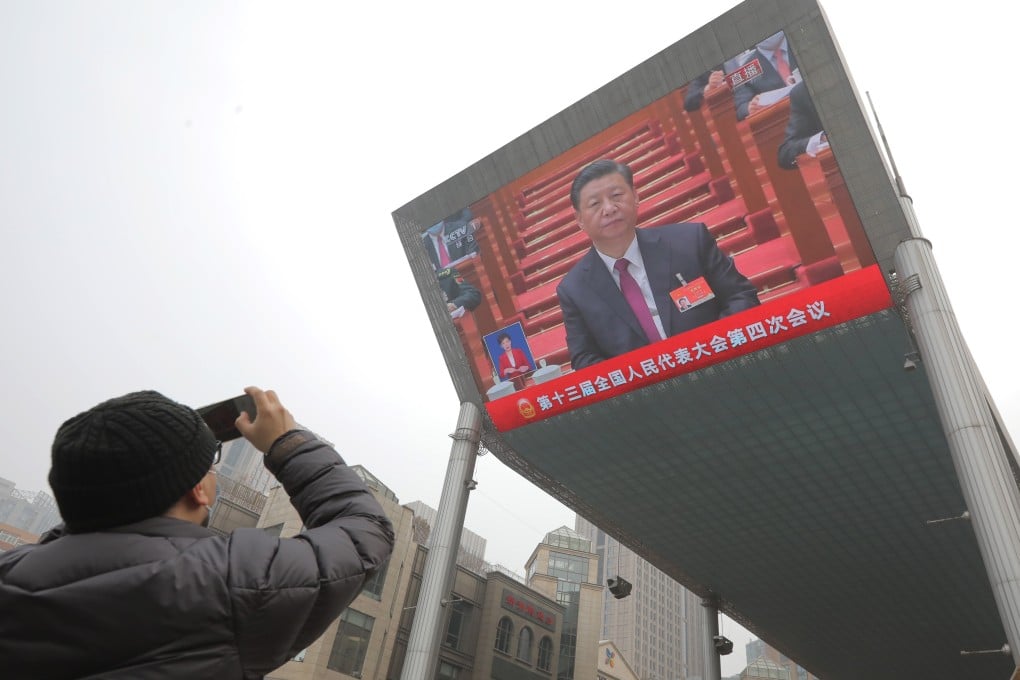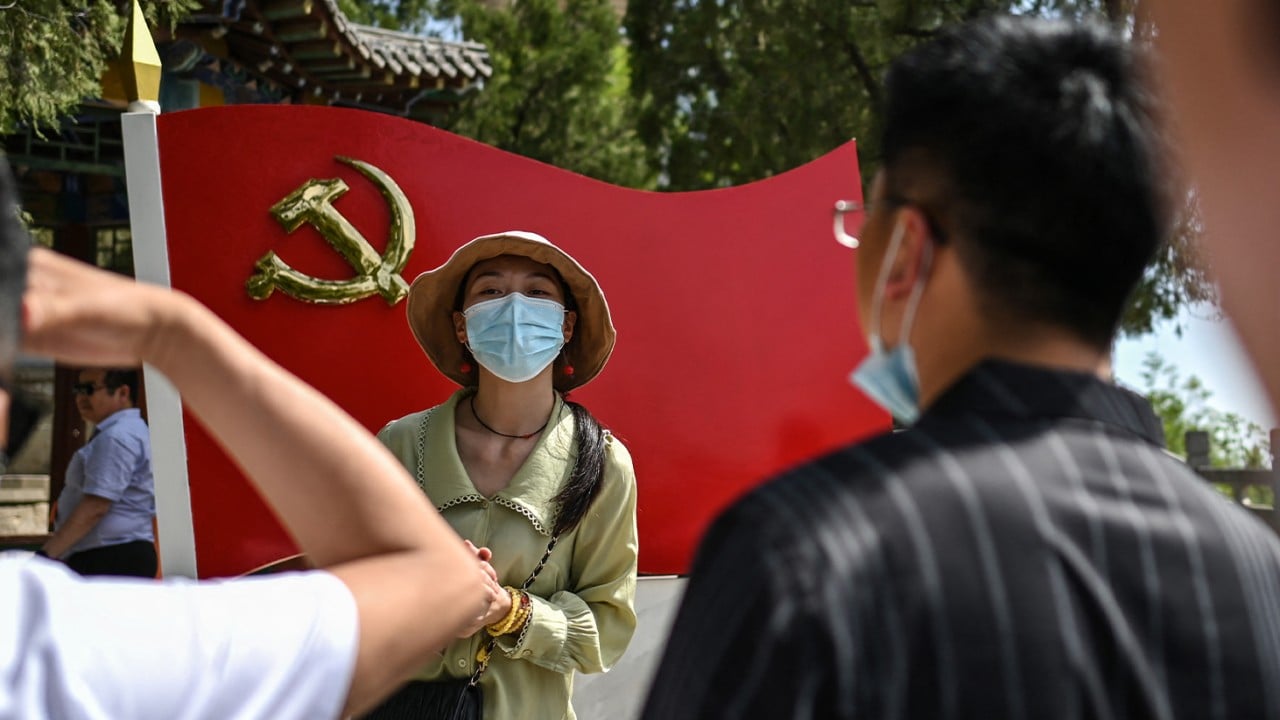Explainer | Who are China Communist Party’s ‘No 1 hands’ and why is Xi Jinping reining them in?
- Provincial party chiefs have seen their power eroded through a series of sweeping reforms instituted by Beijing
- The term is believed to have originated in the ancient Chinese secret societies to denote leadership positions

This is the ninth in the South China Morning Post’s series of explainers about China’s Communist Party, in the lead-up to the party’s 100th anniversary in July. Here, William Zheng discusses the concept of chief officials, or “No 1 hands” and the Communist Party’s latest efforts to rein in their power.
They are known as yi ba shou, or “No 1 hands” in Mandarin.
Traditionally, these so-called chief officials have wielded a tremendous amount of power over their jurisdictions. But that could change. At the start of June, the Communist Party administration led by party chief Xi Jinping – the most senior of all yi ba shou – issued a set of comprehensive guidelines to rein in the power of top officials, at least at the provincial and ministerial levels.
The supervision of these chief officials “remains a weak link”, the party’s Central Committee – formally its highest authority – said in a statement, adding that the guidelines were meant to effectively monitor and control the overlords who hold almost absolute power in different hierarchies.

02:15
Visitors mark Chinese Communist Party centenary with pilgrimage to ‘Red Holy Land’
How did the term ‘No 1 hand’ come about?
Some Chinese academics speculate the term yi ba shou was first used by ancient secret societies to indicate their leader, or “big brother”, had the final say.